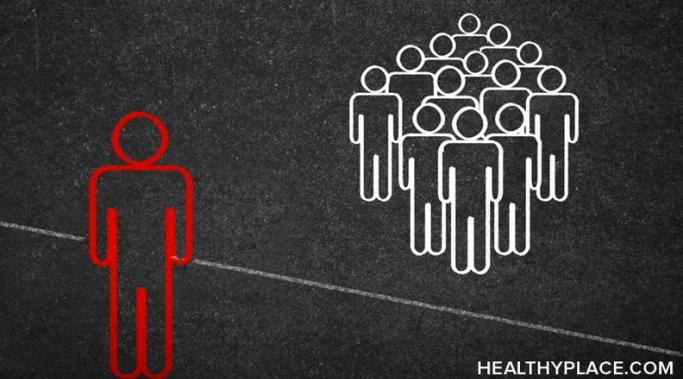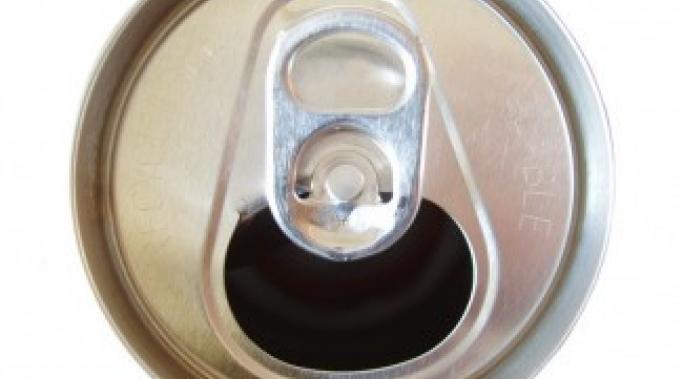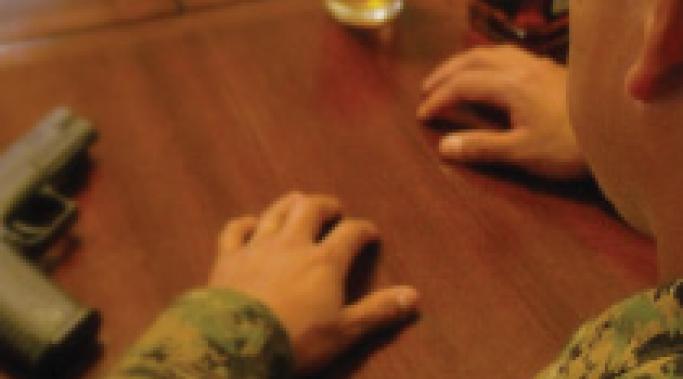While not one of the nine criteria for a diagnosis of borderline personality disorder (BPD), selfishness can be a symptom of the disease. Selfishness interferes with healthy relationships, worsens risky behavior and worsens addiction--all symptoms of BPD. How do we know when we're being selfish? There are three questions to ask.
More than Borderline
Recently I was at Three Carrots vegan restaurant in Indianapolis City Market when I struck up a conversation with a prosecutor. I mentioned the city's mental health court, and she told me it no longer exists. It was phased out after the judge retired. When I expressed my concern, she said she was sympathetic. "I've got a guy right now who needs to be in mental health court. We can't let him go because he has nowhere to live, he needs treatment, and we can't keep him in jail forever . . ." She shook her head, and we both agreed it was sad that the leading provider for mental health services is the Marion County Jail.
While working on an article for a different web site, I stumbled across a study about mental illness among journalists. According to the study, the rate of posttraumatic stress disorder (PTSD) is higher among journalists than the general population. While journalists tend to have "positive personal attitudes" toward mental illness, they are often afraid to reveal their mental health struggles.
There was one fatal flaw in my plan to wake up screaming--I wasn't asleep.
This was not a nightmare, at least not in the literal sense. Although surreal, this was real—I was really pinned to my apartment floor, three people from Waco’s Antioch Community Church really were yelling at Satan and said people really were attempting to perform an exorcism without my consent. Later, I would take the incident up the church’s chain of command: the burden of proof never on me to prove it happened, but to prove that I was not “manifesting demons.”
This is an extreme example of the mental illness stigma often seen in the Church.
It's Halloween, and for mental health consumers, it can be an isolating time. The stigma of mental illness is reinforced with every "haunted asylum" attraction, "hanging man" decoration and "mental health patient" costume. More Than Borderline's Becky Oberg talks about how Halloween often reinforces negative stereotypes about mental health consumers, such as "they're violent," "they're deranged," and "they have no control over their actions."
Recently I sat on a panel of mental health consumers. Our goal was to educate people about mental health through drama and a question-and-answer session. When it came my turn to speak, I said that some mental illnesses were more stigmatized than others, fully knowing this would be controversial. Much to my surprise, I saw several heads nodding in agreement!
My diagnosis varies, depending on who you believe. I remember one nurse practitioner told me I was too meditative and introverted and must have narcissistic personality disorder--no one backed up that "diagnosis," but it's in my file. I'd love to be able to get it removed. But as a borderline personality disorder patient, I have no right to see my file without my psychiatrist's permission. The same applies to past practitioners' notes. Which leads to an interesting question--should psychiatric patients have the right to see their file?
I'll be honest--normally I hate celebrity "news." But one story recently provoked a lot of strong feelings--Amanda Bynes was tricked into going into a mental health facility. It raises a question: Should parents ever deceive their child to get them psychiatric help?
I'm acting in a play called "Nobody Needs to Know." In one scene, a recovering alcoholic explains that she once thought alcohol--vodka in particular--was the answer to her psychiatric symptoms. When another character asks why it isn't the answer, she gives several reasons why it isn't. Here are three reasons I've learned as to why alcohol isn't the answer to borderline personality disorder (BPD).
I became suicidal while on active duty in the Army. What happened next was a classic example of how not to help a suicidal person.









